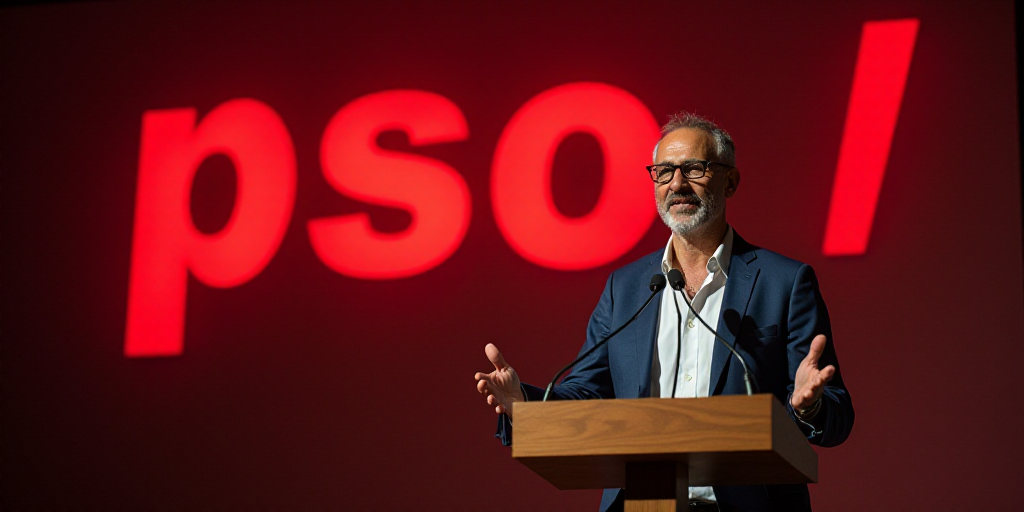Background on Pedro Sánchez and His Relevance
Pedro Sánchez, the current President of the Spanish Government and a member of the Socialist Workers’ Party (PSOE), has been at the center of attention following a corruption scandal involving two of his associates. Sánchez, 53, has been a prominent figure in Spanish politics since becoming the leader of PSOE in 2017. His party governs in minority with the support of several far-left and regionalist parties, including Catalan and Basque nationalist groups.
The Corruption Scandal
A police report recently implicated Santos Cerdán, the PSOE’s third-in-command, in accepting bribes for public contracts. The same report also named former minister and Sánchez’s close ally, José Luis Ábalos, along with his advisor Koldo García. Cerdán resigned from his positions within the PSOE, while Ábalos was expelled from the party. Sánchez acknowledged the gravity of the situation and defended his party’s swift response, refusing to resign or call for early elections.
Sánchez’s Defense and Future Plans
During a press conference, Sánchez challenged the opposition parties, particularly the conservative People’s Party (PP) and the far-right Vox, to present a motion of censure. He urged them to inform Parliament and the public about their vision for Spain’s future, knowing that neither party could secure a majority. Sánchez emphasized his commitment to maintaining a clean and transparent party, stating that the PSOE would not tolerate corruption.
Opposition Demands and PP’s Stance
Borja Sémper, the spokesperson for the PP, called on Sánchez to resign and trigger early elections. The PP believes that a motion of confidence would strengthen Sánchez, as none of his current supporters have publicly committed to abandoning him. Sémper asserted that the PP would not provide Sánchez with “a breath of fresh air” in this situation.
Additional Challenges for Sánchez
Beyond the ongoing corruption scandal, Sánchez faces other challenges. His wife, Begoña Gómez, is under investigation for alleged corruption and influence-trading. Sánchez’s brother, David Sánchez, is set to be tried for alleged influence-trading related to his public sector employment. Furthermore, the country’s attorney general, appointed by the government, is under scrutiny for leaking confidential judicial documents against the opposition.
Key Questions and Answers
- What is the corruption scandal about? The scandal involves two associates of Pedro Sánchez – Santos Cerdán and José Luis Ábalos – who are accused of accepting bribes for public contracts.
- Who are the main parties involved in the situation? The People’s Party (PP) and Vox, far-right party, are demanding Sánchez’s resignation. The Socialist Workers’ Party (PSOE) is led by Sánchez, who refuses to step down.
- What is a motion of censure? A motion of censure is a formal proposal in Parliament to remove the sitting government by a vote of no confidence. In this case, Sánchez challenges the opposition to present such a motion.
- What other challenges does Sánchez face? Besides the corruption scandal, Sánchez’s wife and brother are under investigation for alleged corruption. The attorney general is also facing scrutiny for leaking confidential documents.






